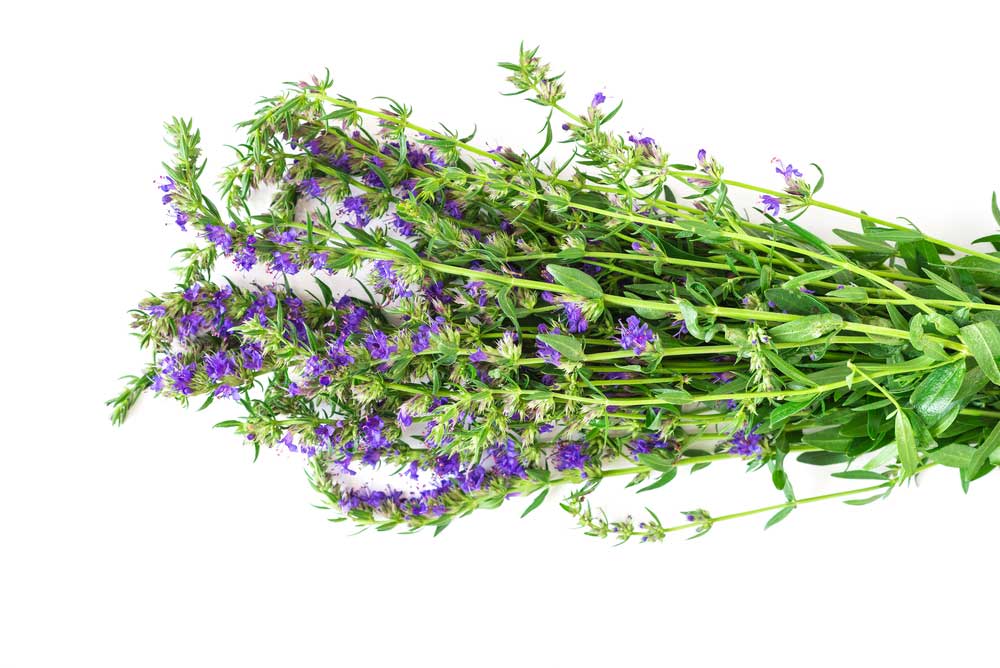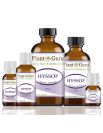Hyssop Essential Oils
Used as a purifying substance most notably mentioned in the Old Testament, hyssop essential oils also contain antimicrobial and disinfectant properties. They are derived through steam distillation from the flowers and leaves of a shrub referred to as Hyssop. This shrub, in ancient times, was a sacred herb and considered holy in the Mediterranean region where it grew. These oils have a thin consistency and an aroma described as warm, herbal, spice-like, and fresh. For those interested in mixing essential oils they blend well with myrtle, cajeput, niaouli, ravensara, rosemary, melissa, tangerine, orange, geranium, lavender, angelica, and eucalyptus.
Overall Benefits of Hyssop Essential Oils
- Can help detoxify the body because they increase the frequency of urination and perspiration
- Beneficial because they aid in digestion
- May offer relief from respiratory system problems such as spasms
- Can be effective in regulating menstrual cycles
- May reduce the risk of nervous disorders
- Useful in treating some skin conditions such as helping to fade scars
- Help wounds heal faster and reduce the possibility of infection
- Aid to reduce swelling
- Can kill intestinal worms
- Curb the tendency to vomit
- Relieve headaches associated resulting from low blood pressure
Uses for Hyssop Essential Oils
Common uses of these essential oils involve their effectiveness against sore throats, tonsillitis, mumps, flu, colds, coughs and other diseases which result from viral infections. They are also used as treatments for inflammation, dermatitis, eczema, asthma, and bronchitis.
Precautions
Because these essential oils contain a nerve stimulating compound referred to as Pinocamphone, they should be avoided by individuals that are pregnant or by anyone with epilepsy. Additionally, because they are hypertensive, they should not be used by people who suffer from high blood pressure.


